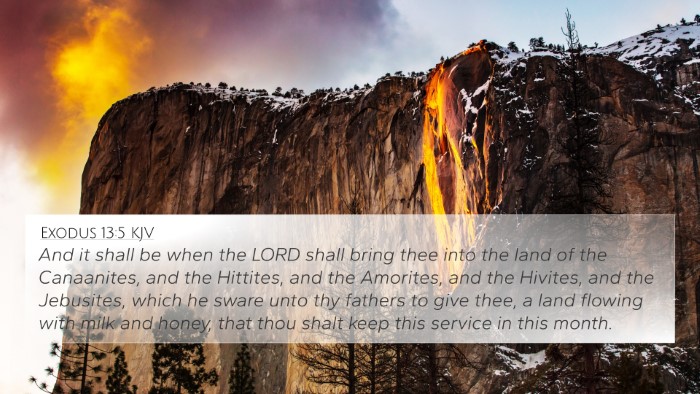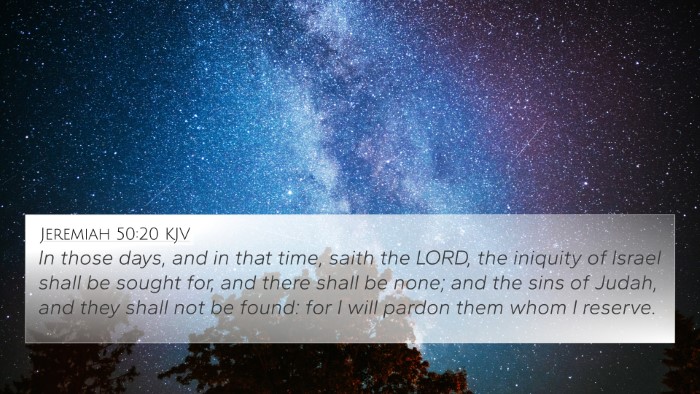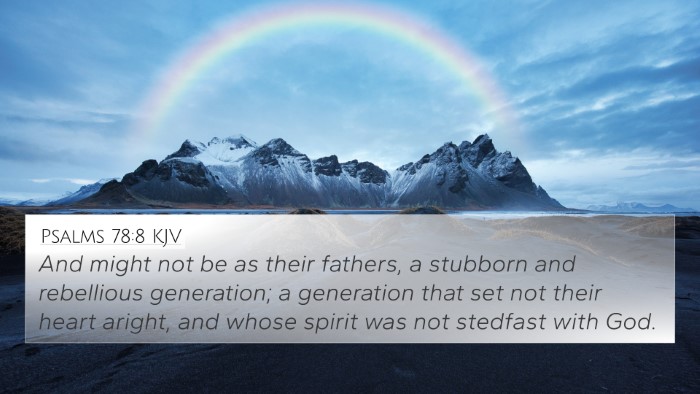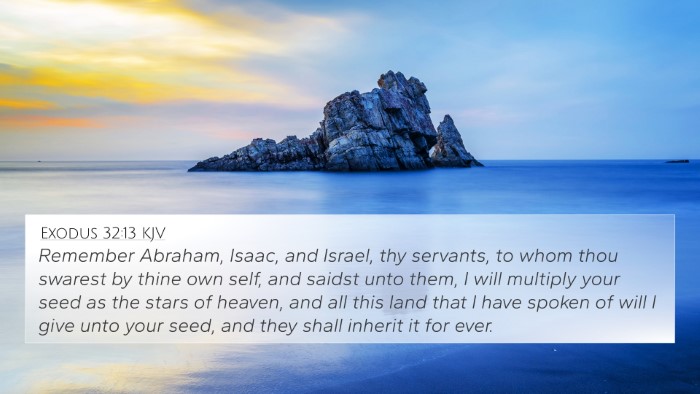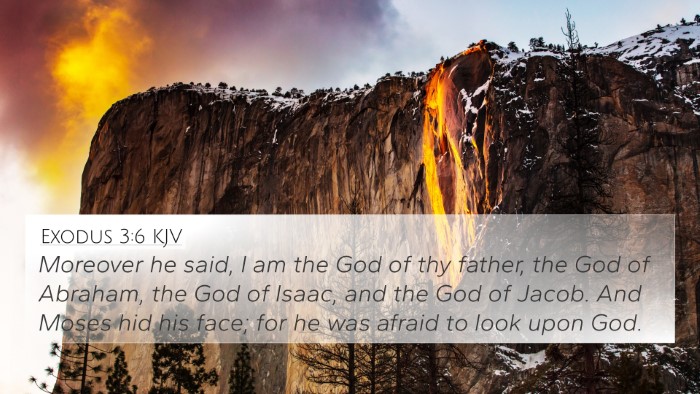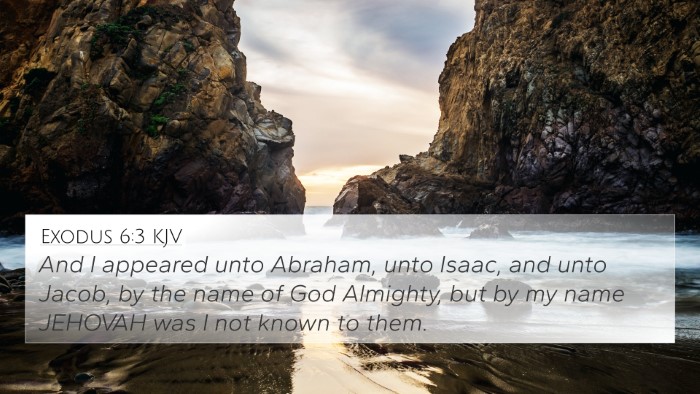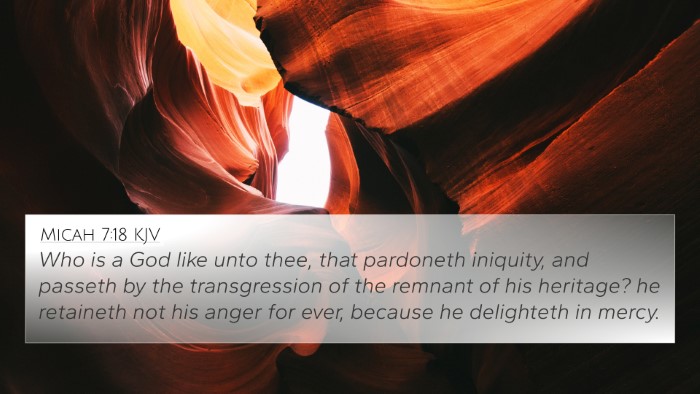Understanding Deuteronomy 9:27
Verse: Deuteronomy 9:27 - "Remember Your servants, the Abraham, Isaac, and Jacob; do not look at the stubbornness of this people, or at their wickedness, or at their sin."
Context and Summary
This verse comes from a pivotal moment in the history of Israel, wherein Moses intercedes on behalf of the Israelites, appealing to God's mercy and the patriarchs. The verse emphasizes the importance of remembering the covenant established with Abraham, Isaac, and Jacob, underscoring that God's relationship with His people is built on faithfulness and grace, even in the face of human stubbornness and sin.
Commentary Insights
Matthew Henry's Commentary
Henry elaborates on the significance of the prayer of Moses, emphasizing that he appeals to God based on the merits of the patriarchs rather than the failings of the people. This highlights the mercy of God and His commitment to His covenant. Henry stresses that humility in acknowledging one's sin leads to divine mercy.
Albert Barnes' Notes
Barnes points out that Moses is essentially reminding God of His promises to the forefathers, which illustrates the intercessory role of Moses on behalf of a sinful nation. He notes that the appeal to ancient patriarchs serves as a reminder that God's covenant is enduring and dependent on His character, not human actions.
Adam Clarke's Commentary
Clarke highlights the importance of recognizing the spiritual leadership of Abraham, Isaac, and Jacob. He indicates that Moses' plea serves as a reminder of God's faithful love. Clarke's insights convey that even in adversity, the remembrance of past fidelity encourages faith in future grace.
Bible Verse Cross-References
Deuteronomy 9:27 relates to several other passages that deepen understanding of its themes:
- Exodus 32:13: Moses pleads with God, reminding Him of His promises to the patriarchs.
- Genesis 18:19: God expresses His commitment to Abraham and his lineage.
- Amos 7:2: This verse reflects God's mercy in the face of judgment.
- Romans 9:4-5: Paul emphasizes the significance of Israel and the covenants.
- Psalms 106:23: Reflects Moses' intercession and God's mercy in Israel’s history.
- Micah 7:20: A plea for God to remember His promises to ancestors.
- Hebrews 11:8-10: Discusses the faith of Abraham and the promises of God.
Thematic Bible Verse Connections
- Covenant and Intercession: The roles of Moses and the patriarchs signify God's enduring covenant with Israel.
- Stubbornness of Heart: Addresses the constant struggle between God's people and their tendency to sin.
- Divine Mercy: Highlights the importance of appealing to God's nature in prayer.
Comparative Bible Verse Analysis
This verse can be contrasted with others that address human failings and divine faithfulness. For example:
- 1 John 1:9: "If we confess our sins, He is faithful and just to forgive us our sins." This mirrors the approach of acknowledging sin while relying on God's mercy.
- James 4:6: "God resists the proud, but gives grace to the humble," paralleling the humility seen in Moses' intercession.
Practical Applications
Understanding Deuteronomy 9:27 encourages believers to:
- Practice Intercession: Recognizing the power of prayer on behalf of others.
- Value Covenant Relationships: Understanding the significance of God’s promises throughout biblical history.
- Embrace Humility: Acknowledging personal shortcomings while relying on God's grace.
Conclusion
Deuteronomy 9:27 serves as a profound reminder of God's covenant, the importance of humility, and the power of intercessory prayer. The insights from various commentaries enrich this understanding, and the connections to other scriptures highlight the cohesive narrative of God’s faithfulness amidst human frailty.



